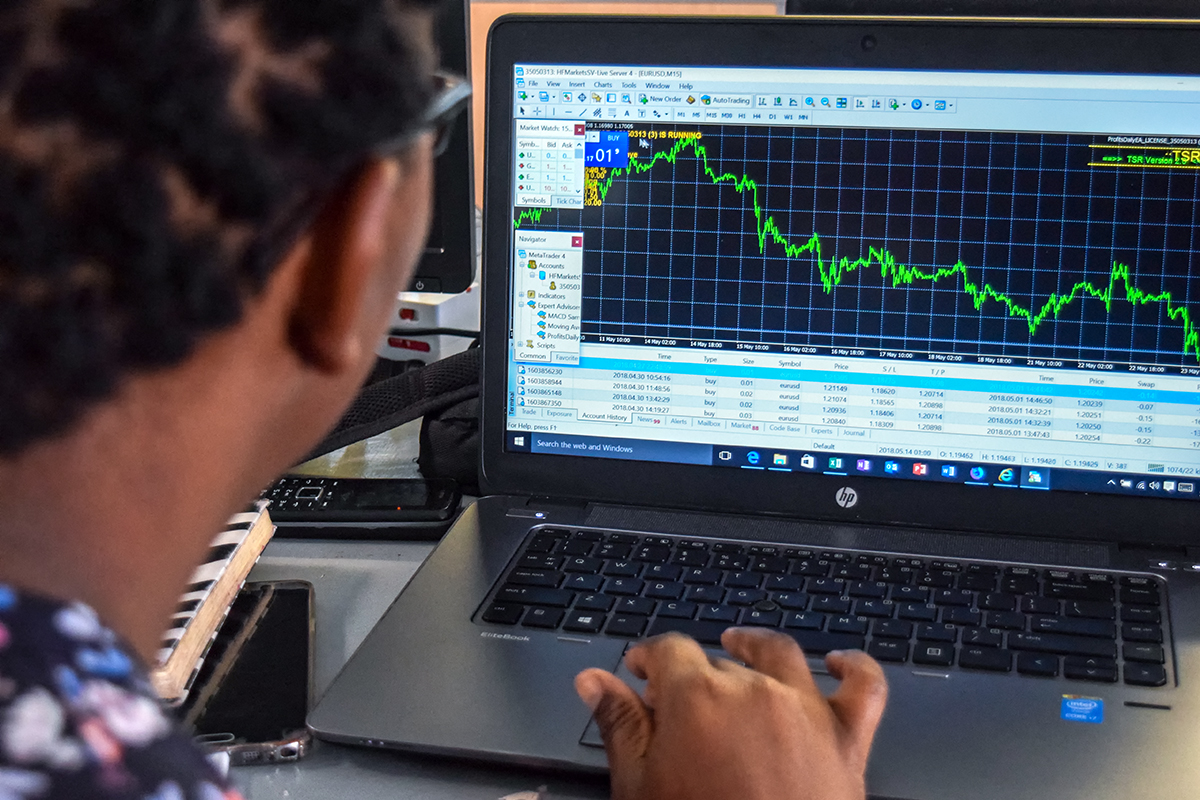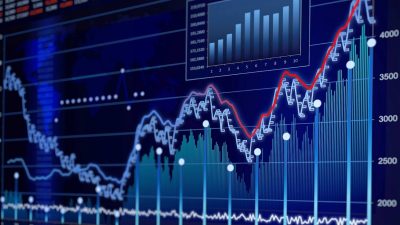The two types of forex spread
Bid-ask spreads have two types. The first one is the fixed spread, and the other one is the variable spread, also known as the floating spread. Dealing desk brokers (DD brokers), who are also called the market makers, are the ones who usually offer fixed spreads. In contrast, the No dealing desk forex brokers (NDD brokers) are the ones who typically offer the variable spreads. NDD brokers are further subdivided into two classifications which are STP (straight-through processing) and the ECN + STP (electronic communications network + straight-through processing) brokers. Let us talk about the latter part further.
What is a variable spread?
Variables are the opposite of fixed spread. As their name suggests, they are spreads that constantly change.
The forex brokers that usually offer this type of spread are the no dealing desk brokers. These forex brokers do not call the shots in the pricing, unlike the dealing desk brokers. Instead, they get their currency pair quotes from liquidity providers. Later on, the liquidity providers will pass these quotes to traders without a dealing desk.
In short, the forex brokers cannot control the spreads. They will widen or tighten depending on the currency demands and the state of the market. Spreads are usually wide when there are economic data releases and other seasons where there is low liquidity, like the holidays. There are also times when a trader wants to buy a specific currency with a minimal spread of pips, and then suddenly, the pip spread widens due to a report about the economy or politics.
The advantages of trading with a variable spread
A person who trades with a variable spread can be able to avoid re-quotes from brokers. However, this does not guarantee that slippage is already out of the question. The pricing is more honest and transparent to traders. Price access from several liquidity providers may also mean better prices brought by tight competition.
What are the downsides of trading with variable spreads?
If you are a scalper, you might as well scalp away from the idea of trading with variable spreads since the widespread can easily penetrate any profit that you might generate. News traders should also try to shy away from this type of trading since the spread may widen, and something that might look profitable might be unprofitable in a split second.
It all sums up into one question.
Which is a better spread between the two? It is actually not a question of which is better among the two because trading with a fixed spread is not better than trading with a variable spread and vice versa. We might as well need to change our question to: “What type of trader are you, and what is your trading style or technique?.” The better spread will always depend on the needs of the trader. If a trader has a tight budget and only trades seldom, then a fixed spread may be suggested. If a trader prefers large positions and trades frequently, especially at peak hours, we may suggest trading with variable spreads.













Comments